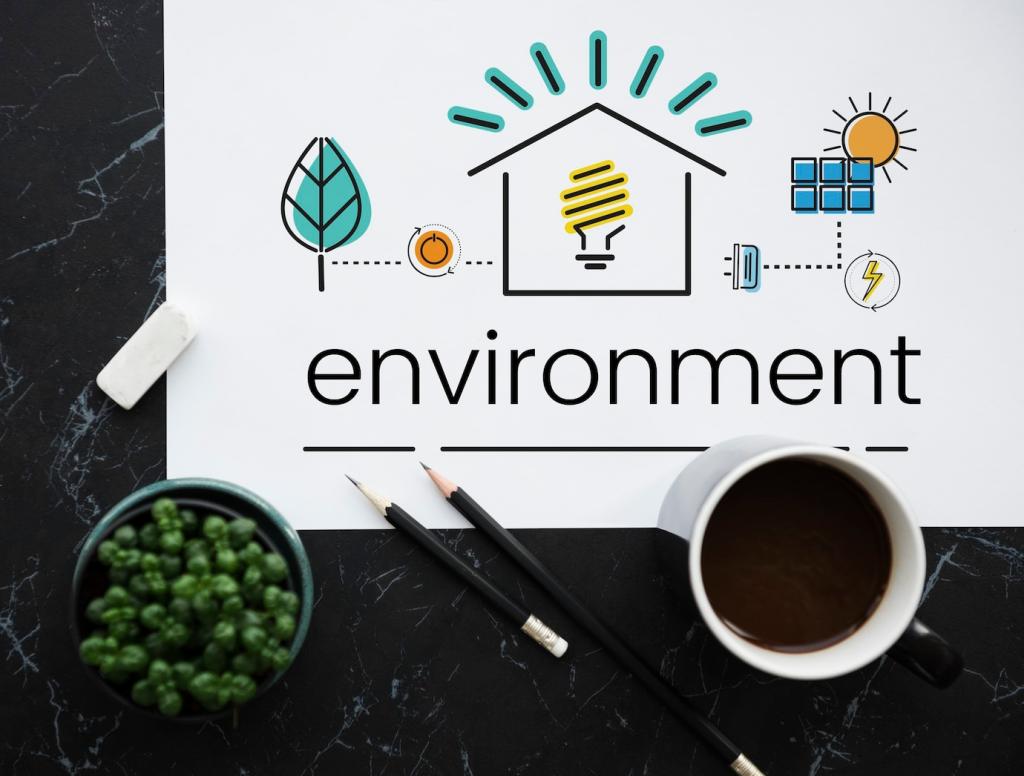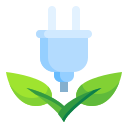
Eco-Friendly Home Energy Storage Systems
Discover the future of sustainable living with eco-friendly home energy storage systems. As the world pivots toward greener solutions, these systems allow homeowners to efficiently store and manage renewable energy. Not only do they help reduce environmental impact, but they also enhance energy independence and cut utility costs. Learn more about the technologies at the heart of home energy storage, their key benefits, and practical ways you can integrate them into your everyday life.
The Importance of Home Energy Storage

Storing energy at home directly supports the wider transition to a more sustainable energy grid. By using batteries to store renewable power, homeowners can supply the grid during peak times, reducing the strain on fossil fuel sources. Over time, this collective effort can significantly lower greenhouse gas emissions and promote a cleaner, healthier environment for all.
Core Technologies in Eco-Friendly Storage
Lithium-ion batteries have emerged as the gold standard for residential energy storage due to their high energy density, long lifespan, and minimal maintenance requirements. They efficiently store renewable energy, releasing it when needed, and can be integrated with solar, wind, or other renewable systems. Their scalability makes them suitable for everything from small apartments to large family homes, and ongoing research promises even more sustainable versions in the near future.
Flow batteries represent another breakthrough in eco-friendly storage. Unlike conventional batteries, these systems use liquid electrolytes stored in external tanks, which allows for easy scalability and a longer operational life. This technology is especially suited for homes with high energy demands or those looking for a truly long-term storage solution. Flow batteries minimize resource depletion and offer favorable recycling prospects, making them a promising green alternative.
Modern energy storage seamlessly integrates with smart home technology, allowing homeowners to monitor and optimize their energy use in real-time. Systems equipped with intelligent controls can automatically switch between stored and grid electricity, enhance efficiency, and respond to changes in energy prices. This synergy not only maximizes the benefits of stored clean energy but also paves the way for smarter, more sustainable homes.

Maximizing Environmental Impact
Reducing Carbon Footprint
By storing clean energy generated from renewable sources such as solar panels, homeowners can minimize their reliance on fossil fuels. This shift significantly lowers household carbon emissions, contributing to a healthier planet. Every kilowatt-hour stored and used at home is a step toward a more sustainable lifestyle and a demonstration of commitment to protecting the environment for future generations.
Supporting Renewable Energy Adoption
Effective energy storage solutions make it easier and more practical for more people to adopt renewable energy sources. When excess energy can be stored and used later, barriers to integrating renewables are greatly reduced. This increase in adoption creates a virtuous cycle wherein greener technologies become more widespread, further driving market innovations and lowering costs for everyone.
Promoting Resource Efficiency
Energy storage addresses the challenge of intermittent renewable generation by ensuring that no clean energy goes to waste. Stored excess can be used during cloudy days, nighttime, or times of peak demand, optimizing energy use and reducing unnecessary consumption. This efficiency not only saves money but also lessens the pressure on utilities, supporting a smarter allocation of resources at every level.
